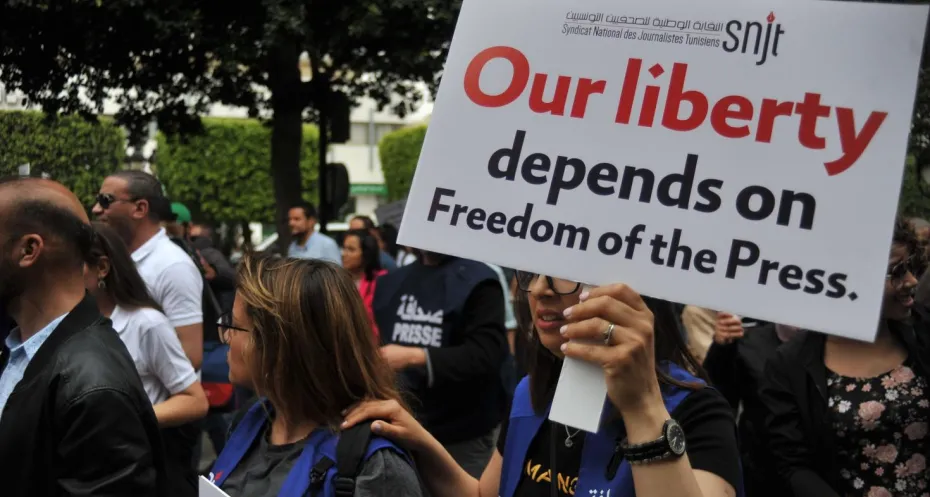
Support to media in the most difficult region for journalists
Independent media in the Southern Neighbourhood face significant challenges that effect their capacity to serve public interests, push back against th...

